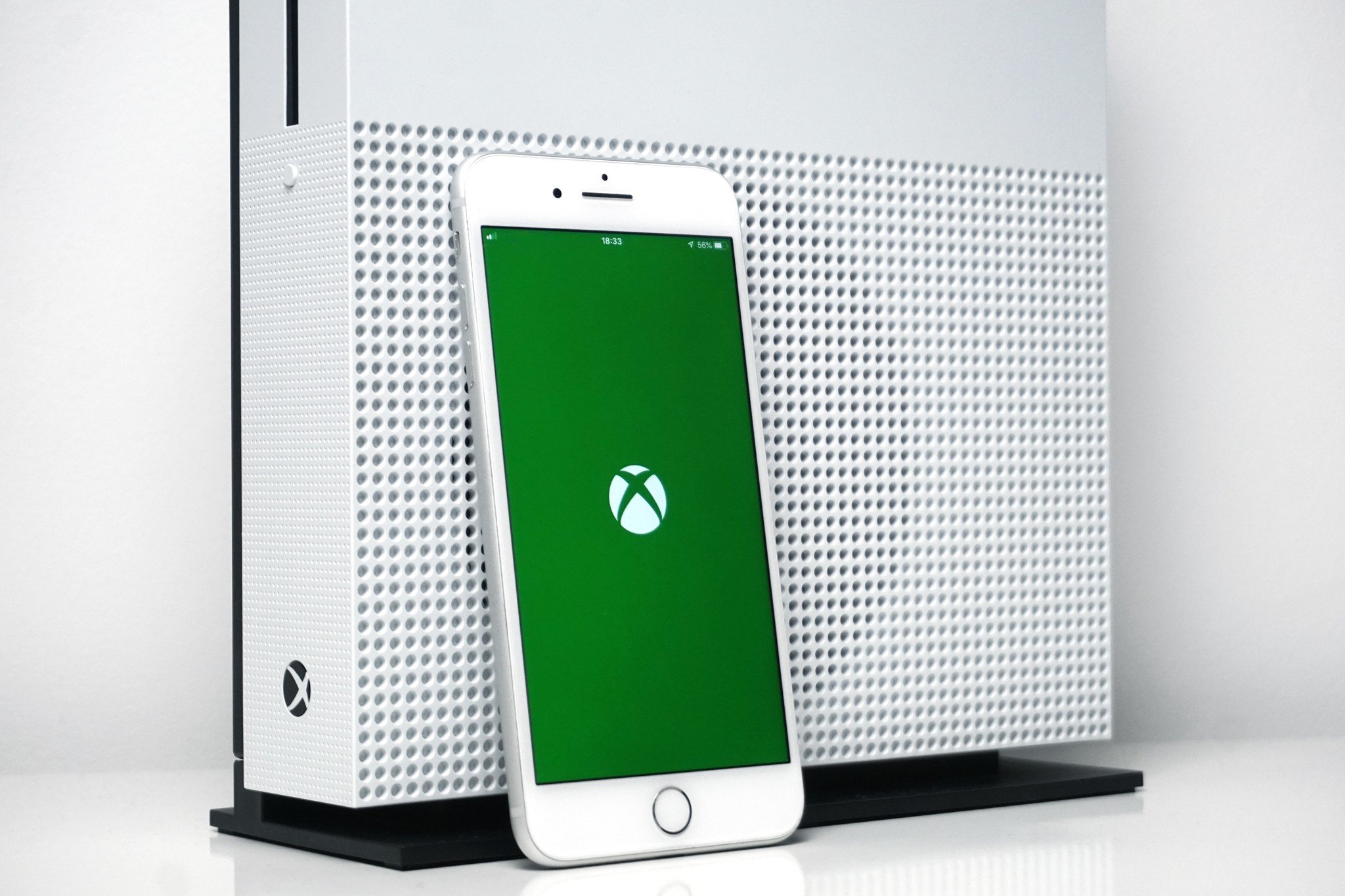Oh boy, it hasn’t been a fun few months for our old pals Apple.
While still the biggest company in the world by market capitalization, Apple has been rocked by the on-going tariff war between the U.S. Trump administration and China, threatening to upend the affordability of its products. And now, a U.S. judge has dealt a huge blow to Apple’s repressive iOS mobile monopoly, in a case funded and spearheaded by Epic Games of Fortnite fame.
Epic Games has argued that Apple’s fees and restrictions create an arbitrary and anti-competitive market position for the firm, whose iPhone and iPad dominate the U.S. market. Apple charges developers upwards of 30% to sell products through its store front, and even chases them down for payments if their users buy subscriptions and services via the web.
Epic Games v. Apple judge Yvonne Gonzalez Rogers (via The Verge), just angrily rebuked the iPhone maker for “wilfully” ignoring a previous injunction, while slapping them with fresh restrictions.
“For the reasons set forth herein, the Court FINDS Apple in willful violation of this Court’s 2021 Injunction which issued to restrain and prohibit Apple’s anticompetitive conduct and anticompetitive pricing. Apple’s continued attempts to interfere with competition will not be tolerated,” the ruling reads, which Apple says it will contest.
We will return Fortnite to the US iOS App Store next week.Epic puts forth a peace proposal: If Apple extends the court’s friction-free, Apple-tax-free framework worldwide, we’ll return Fortnite to the App Store worldwide and drop current and future litigation on the topic. https://t.co/bIRTePm0TvApril 30, 2025
Epic Games CEO Tim Sweeney welcomed the news on Twitter (X), stating that the firm will bring Fortnite back to iOS in the United States as early as next week.
The ruling decrees that Apple can no longer take payments from apps or game sales that emanate from outside of its store. Apple can also no longer dictate how app and game developers direct users’ payment options, beyond a “neutral” statement that they are moving to a third-party website to complete payment.
The ruling is a huge coup for Apple app and game developers everywhere, who will now have the option of using cheaper third-party options outside of Apple’s ecosystem for collecting payments, or by simply using their own.
For Microsoft, Apple’s iOS restrictions have prevented them from launching Xbox Cloud Gaming and Xbox Game Pass on mobile. Apple rules that any games that appear on iOS have to be on a per-product basis, preventing services that collect multiple games into a single entity. Netflix and others get around this by listing their streaming games individually, but it’s not exactly viable when your service is going to have thousands of listings potentially under that system.
While this court ruling doesn’t exactly help Microsoft in the cloud gaming space, it will help Microsoft sell games directly to consumers via its own apps and services, cutting Apple out of the equation. This is essentially how it works on Windows, and has led to lower costs for consumers, as there’s no-one in the middle taking payments arbitrarily. Steam doesn’t “pay to play” on Windows, for example.
We’ve reached out to Microsoft for a response.





